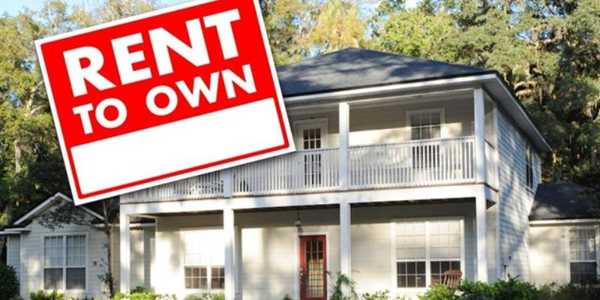
What Are The Different Types Of Commercial Real Estate Loans
Asma
Commercial real estate loans help businesses buy, build, or improve properties for work or investment. These loans are different from regular home loans, as they are made for business use. Banks, credit unions, and private lenders offer these loans with terms and rules that match the needs of businesses. They may have higher amounts, different fees, or unique repayment plans. In this article, we look at the types of commercial real estate loans and how they differ from residential loans.

What Is a Commercial Real Estate Loan?
A commercial real estate loan is money borrowed to buy or improve property for business purposes. This could include office buildings, retail spaces, or apartment complexes. Unlike personal home loans, these loans focus on the income the property can make or the business's ability to repay. Commercial loans often have higher interest rates and shorter terms than residential loans. They also require a larger down payment. Enterprises use these loans to expand, open new locations, or develop properties for rent or sale.
How Commercial Real Estate Loans Differ From Residential Loans
Commercial real estate loans are different from residential loans in many ways. Residential loans are for buying or improving homes where people live, while commercial loans are for business properties. Commercial loans have shorter terms and higher interest rates than regular home loans.
They also differ in the paperwork requirements. Commercial real estate loans require showing business income, plans, and other papers. And unlike residential loans, the property's value and potential to make money are significant factors in approving a commercial loan. These differences make commercial loans a unique option for businesses.
Different Types Of Commercial Real Estate Loans
Traditional Commercial Mortgage Loans
Traditional commercial mortgage loans are long-term loans used to buy or refinance business properties. These loans often come with fixed or variable interest rates and repayment terms that last up to 25 years. Plus, these loans do not come easy! The lending side usually wants a solid credit history and detailed financial documents to approve these loans.
SBA 504 Loans
SBA 504 loans are backed by the Small Business Administration (SBA) and provide low-interest financing for buying or improving commercial property. These loans combine funds from a lender, an SBA-approved Certified Development Company (CDC), and the borrower. The SBA 504 loan plan is for small business owners who plan to occupy at least 51% of the property. These loans help finance renovations or upgrades to an existing building.
SBA 7(a) Loans
SBA 7(a) loans are flexible loans. They're also guaranteed by the SBA (just like the SBA 504). However, SBA 7(a) can be used for other purposes, including buying commercial real estate, working capital, or refinancing debt. Since they typically come with higher limits and can be paid back over a long period, they cater to businesses needing real estate and operational funds.
Bridge Loans
Bridge loans provide immediate funding to cover gaps between buying and selling properties or during renovations. These loans often have higher interest rates but are faster to secure than traditional loans. They're used by businesses or investors who need quick cash flow to secure a property or improve an existing one.
Hard Money Loans
Private lenders provide hard money loans often used for riskier projects. These loans have higher interest rates and shorter terms because they focus on the value of the property rather than the borrower's credit history. Rigid money loan plans cater to investors with low credit or those needing fast funds for projects like property flips or developments.
Construction Loans
These loans are given on a short-term plan (six months to three years) and can be used to finance new building projects or major renovations. They provide funding in stages as the project progresses based on milestones. Construction loans usually have higher interest rates and require detailed project plans.
Equity Loans
Equity loans allow property owners to borrow against the equity they have built in a property. These loans are typically used to finance additional investments or cover significant expenses. Lenders use the property's current value and the remaining mortgage balance to determine loan eligibility. These loans must be clarified for the average Joe with a house in a decent neighbourhood. They cater to small property owners who have small but multiple assets. They can put these assets as "collaterals" to get these equity loans to further scale their business.

Alternatives To Commercial Real Estate Loans
Commercial real estate loans are one of many options for financing property-related projects. There are several alternatives that businesses and investors can consider:
Crowdfunding
Crowdfunding platforms allow businesses or investors to raise funds from multiple individuals. These platforms can finance real estate projects without relying on traditional loans. Crowdfunding is a good option for those with a strong business plan and the ability to market their project to potential backers.
Private Investors
Private investors can also provide funding for property purchases or development projects, provided that they receive a share of the profits or ownership in return. This option works well for businesses with a "high-potential" project but limited access to traditional financing.
Seller Financing
In some cases, property sellers may offer financing directly to buyers. However, this may not work with everyone, and it requires both parties to agree to this “long-term payment plan,” often with no governing body. Seller financing is a viable option for businesses, but they’re more challenging to get.




